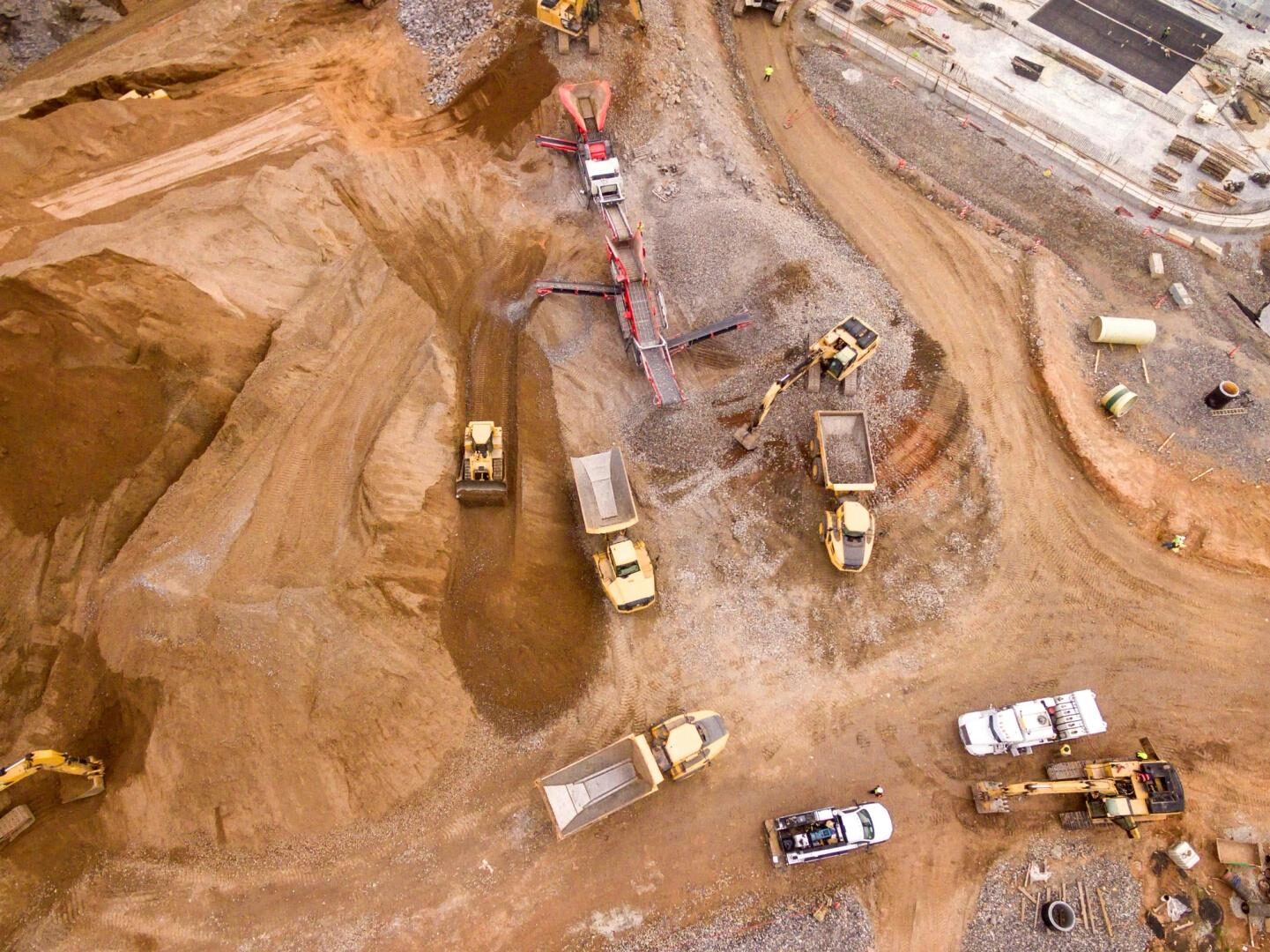-
Back to menu
Prices
-
Back to menu
-
Back to menu
Indices -
Back to menu
Research
-
Back to menu
Events -
Back to menu
Sponsored
-
Back to menu
Videos -
Back to menu
-
Back to menu
-
Back to menu
Webinars
Select Language
The big gains for players like Bitfarms, Hut 8 and Cipher Mining came despite lame price action for bitcoin.
By Helene Braun, AI Boost|Edited by Stephen Alpher
Sep 9, 2025, 7:20 p.m.

- Nebius Group’s $17.4 billion agreement to supply GPUs to Microsoft boosted crypto mining stocks across the board.
- Bitfarms led with a rise of 22%, while IREN, Cipher Mining and Hut 8 posted gains in the mid-teens percentages.
- Bitcoin itself failed to hold an early advance and was lower for the day.
Crypto mining stocks jumped on Tuesday after Nebius Group announced a five-year agreement to supply Microsoft (MSFT) with graphic processing units valued at $17.4 billion.
STORY CONTINUES BELOW
The deal, aimed at bolstering Microsoft’s artificial intelligence infrastructure, sparked investor enthusiasm for companies with large-scale computing power, bitcoin miners among them.
Read more: CoreWeave Shares Gain 4.5% After Launch of VC Arm Targeting AI Startups
The rally in mining shares came even as bitcoin BTC$111,298.05 itself gave up an early advance and declined by about 1% to $111,100 over the past 24 hours. The contrast underscored how investor attention is increasingly tied to the role mining infrastructure could play in the AI boom rather than just bitcoin’s price action.
Leading was a 22% gain for Bitfarms (BITF), while shares of Cipher Mining (CIFR) rose 20%. IREN (IREN), Hut 8 (HUT), Riot Platforms (RIOT) and TeraWulf (WULF) were up mid-teens percentages.
Interestingly, the weakest sector performer was MARA Holdings, which in recent months has positioned itself as more of a bitcoin treasury company, rather than high performance computing player. Shares of MARA were higher by just 4% on Tuesday.
The outsized moves reflect the industry’s shifting reality. For years, mining profitability was largely dictated by bitcoin’s four-year halving cycle, when block rewards are cut in half. That rhythm no longer dominates, leaving companies exposed to surging power costs, relentless hardware production, and intensifying competition. Hardware makers like Bitmain continue to expand, adding pressure to an already crowded field.
At the same time, AI is reshaping the business model. Miners with large energy footprints and advanced computing infrastructure are exploring ways to lease capacity to hyperscalers or pivot toward data center services. The Nebius-Microsoft deal highlighted how valuable GPU access has become and why markets are rewarding miners with scalable infrastructure.
AI Disclaimer: Parts of this article were generated with the assistance from AI tools and reviewed by our editorial team to ensure accuracy and adherence to our standards. For more information, see CoinDesk’s full AI Policy.
More For You
By CD Analytics, Will Canny|Edited by Stephen Alpher
1 hour ago

The price has dipped back to $2.43, with support just underneath.
What to know:
- FIL pared earlier gains after the token failed at the $2.50 resistance level.
- The token has support in the $2.41 to $2.42 zone.













